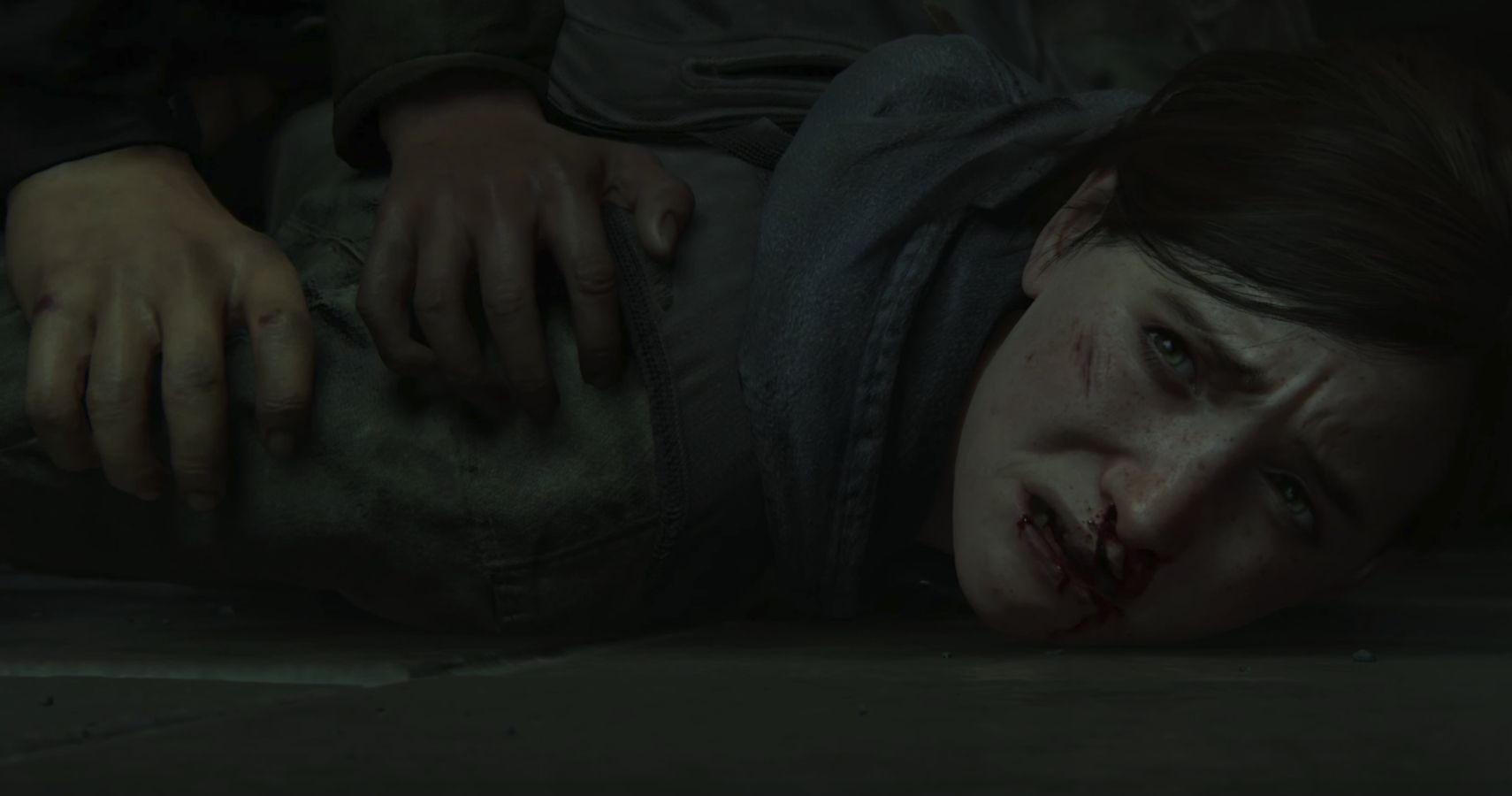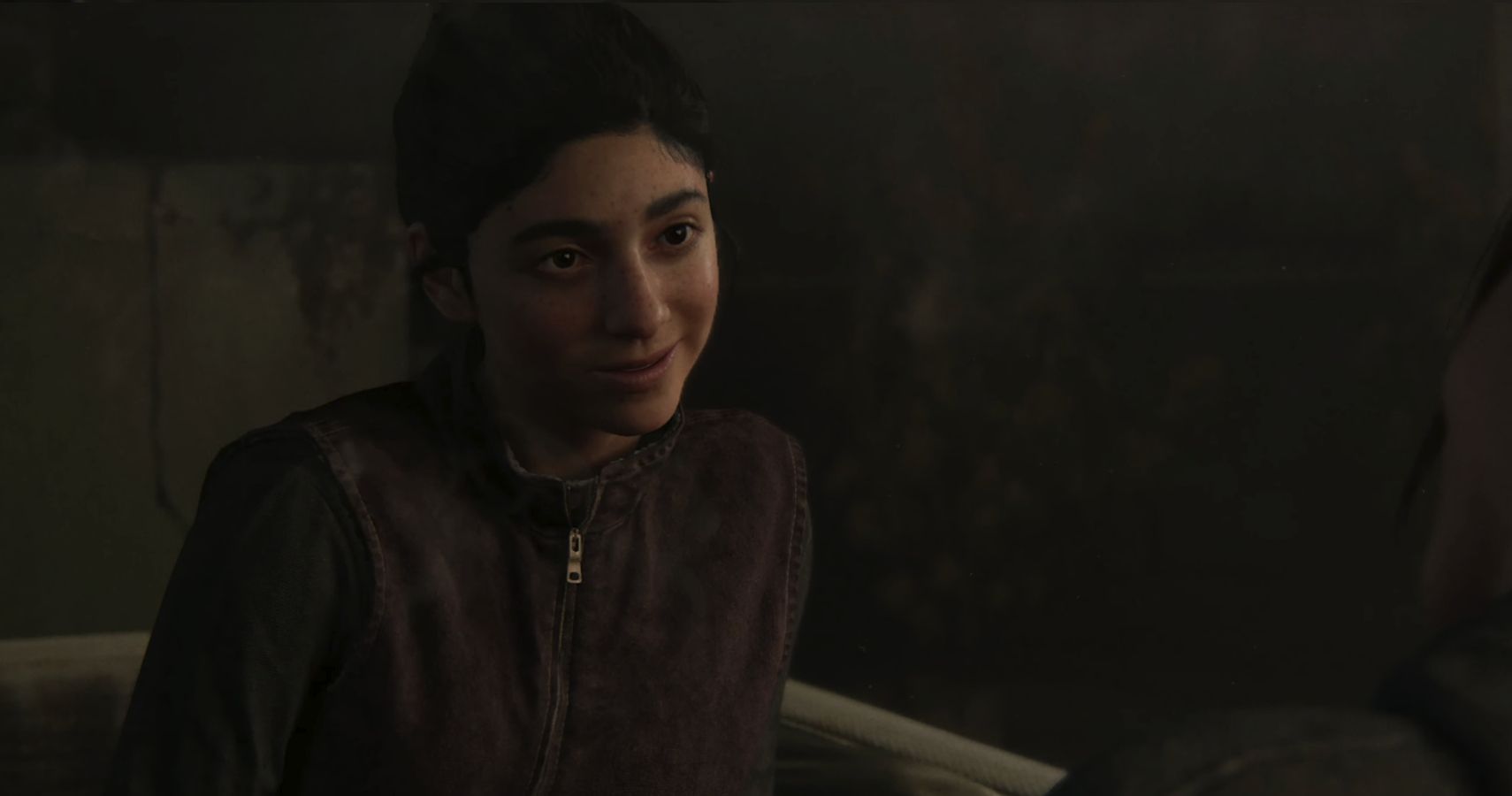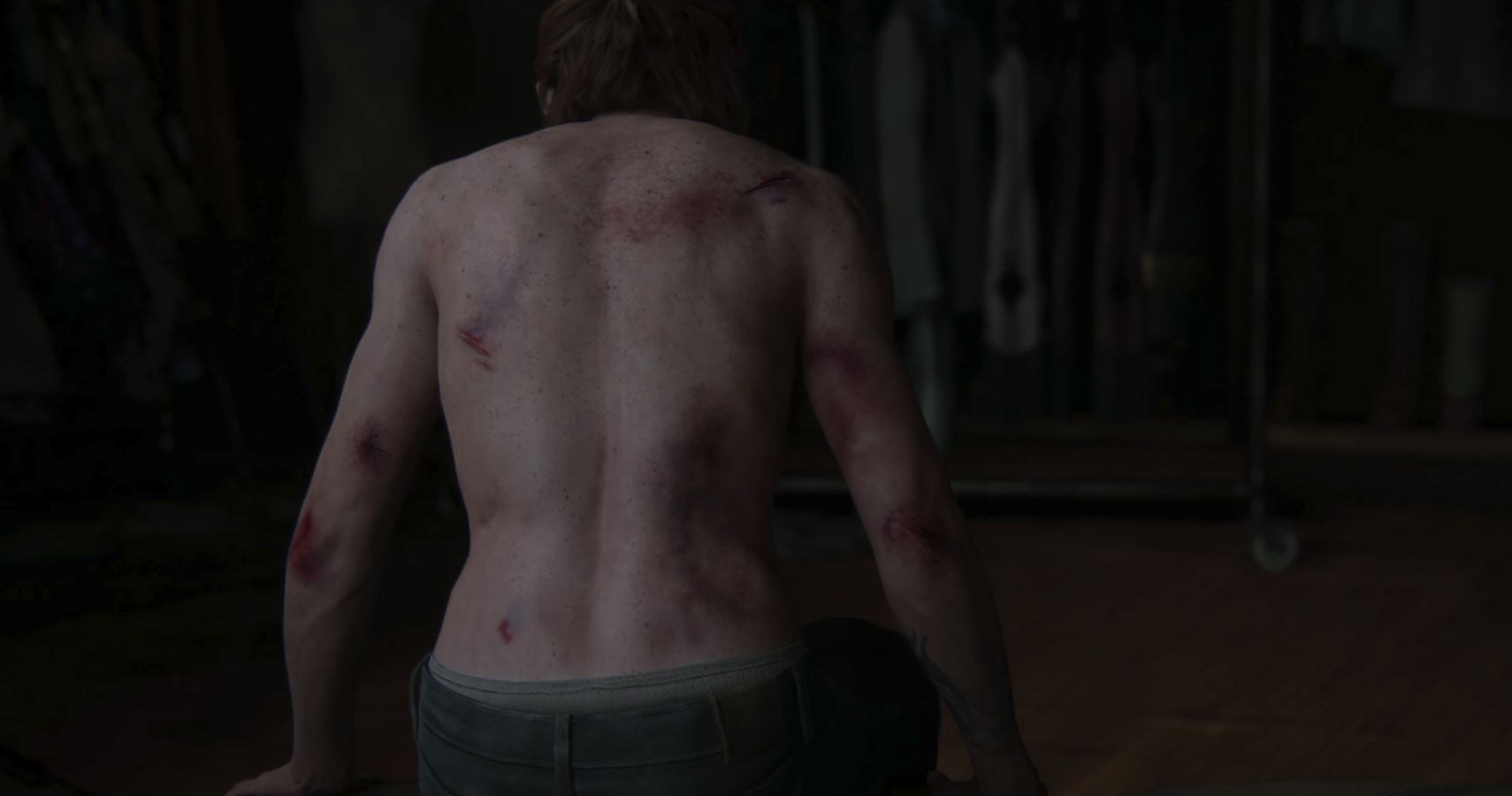“Scale of one to ten," Ellie’s girlfriend asks in the new The Last Of Us Part II trailer, "how would you rate our kiss last night?” It’s a sweet moment, much like the couple’s slow dance during last year’s E3 reveal.
Moments later, the tone is radically different. Ellie is being held down by armed men, pleading and watching helplessly as somebody is restrained and murdered off-screen. There’s a short passage of time, and soon, Ellie is on the warpath. Armed to the teeth. Fueled by vengeance. Ready to wreck nameless goons’ whole worlds.
But while I’m unfazed by bloody yarns of vengeance with a rugged leading lady, something about this hit home a lot harder than usual.
It’s pretty pointless to bring up the real-life of statistics of hate crimes committed against queer people in the world, but suffice it to say: it’s a whole hell of a lot. Whether it’s brutal stonings in Brunei, mass murder in Brazil, and of course, the rampant discrimination still present in the UK and America, violence against queer people is an epidemic. Regardless of where one may fall on the political spectrum, indiscriminate murder for something as simple as an identity is a problem.
While I doubt that Ellie’s girlfriend is killed for anything close to discrimination, her apparent death hits a lot of the same notes as real-life queer killings. At first, my gut churned. I imagined myself in that situation with my girlfriend and my blood started to boil. I almost drafted up a kneejerk opinion piece about how problematic killing queer characters is, how I was very mad and very upset, so on, so forth.
Then I sat with it for one second.
“Oh,” I said. “That’s literally the point.”
The world of The Last of Us is, obviously, not a pretty one. Cannibalistic mushroom people stalk the streets. Gangs of violent thugs murder and steal freely. Children are routinely murdered. It’s a bad time, but then, what apocalypse isn’t? Even fun flicks like Mad Max: Fury Road depict brutal sexual violence as vital plot points. The very idea of apocalyptic settings is to depict our worst nightmares come to life – showing off a ruined world where lawlessness rules and justice is a virtue for the select few.
As a queer woman, yeah, I hate watching gay people die in things. One of the many reasons I loved Days Gone, aside from the fact that it absolutely slapped, was that Rikki and Addy made it out of the other side of the story unscathed. That was an unexpected and welcome revelation, and one I greatly appreciated. But let’s face it – the world’s a bad place. A whole lot of people have a bit of inherent rottenness in them, and times of crisis tend to bring that roaring to the surface. When the whole world is in a crisis state, then, it makes sense that goodness, kindness, and tenderness are crushed under the dirty, mud-caked boots of cruel hatred.
If the queer community wants more representation, in a wider array of stories, we’re going to have to grapple with the fact that not all stories are happy. Some of them show the world for what it is: an occasionally beautiful, frequently horrific, and ultimately doomed place where we struggle to make meaning out of the brief existences we’re given. The Last Of Us, as a franchise, is preoccupied with that struggle; its narrative is exclusively populated by broken people who cling onto fraying bonds in hope that it will give their sad existences meaning.
The Last Of Us Part II looks to continue that trend – and I’m okay with that. If Ellie’s treated as well as Bill was in the original, I know her story of heartbreak and vengeance will be handled well. I know that I, as a queer woman, will find solidarity with her in her struggle to lash out against a world that took her love from her.
And I know that, whenever I play it, I’ll hold my girlfriend a little tighter that night.



